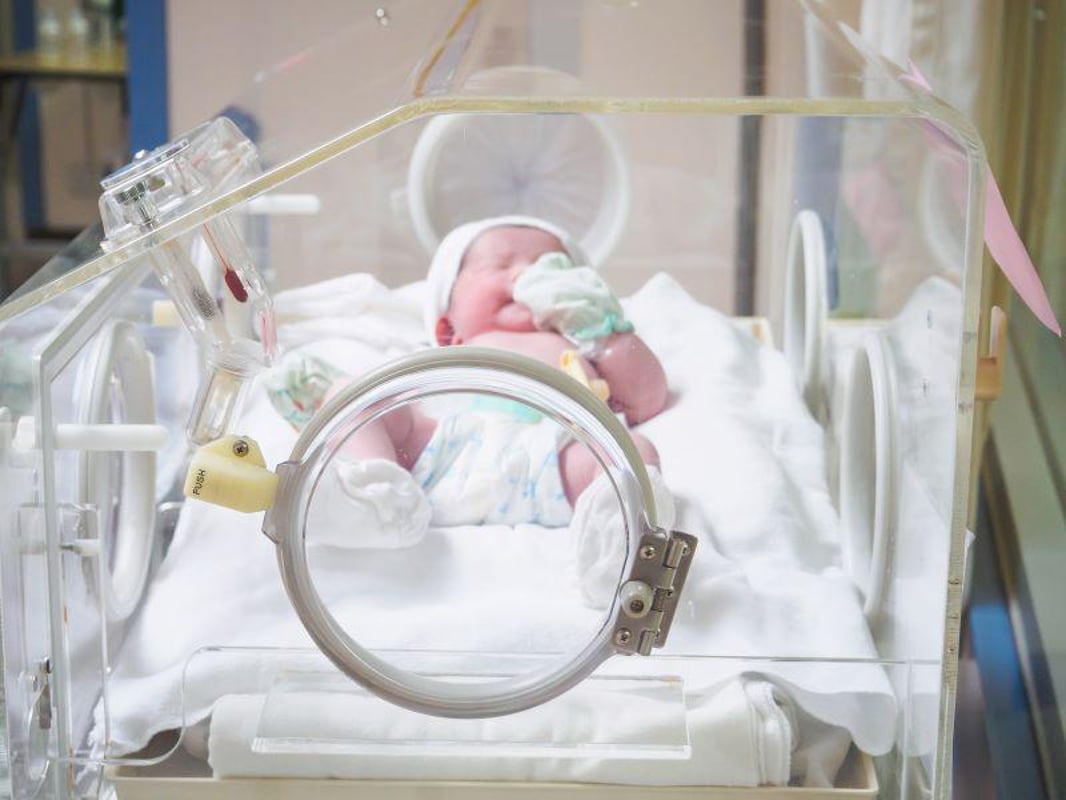Cerebral Oximetry Monitoring Not Beneficial in Extreme Preemies

FRIDAY, April 21, 2023 (HealthDay News) -- Treatment guided by cerebral oximetry monitoring for the first 72 hours after birth is not associated with a lower incidence of death or severe brain injury by 36 weeks of postmenstrual age for infants born extremely preterm, according to a study published in the April 20 issue of the New England Journal of Medicine.
Mathias L. Hansen, M.D., Ph.D., from Copenhagen University Hospital-Rigshospitalet in Denmark, and colleagues conducted a phase 3 randomized trial at 70 sites in 17 countries involving extremely preterm infants (gestational age, <28 weeks) within six hours after birth. Infants were randomly assigned to receive treatment guided by cerebral oximetry monitoring for the first 72 hours after birth or usual care. A composite of death or severe brain injury on cerebral ultrasonography at 36 weeks of postmenstrual age was examined as the primary outcome.
A total of 1,601 infants were randomly assigned and 1,579 were assessed for the primary outcome. The researchers found that death or severe brain injury occurred in 35.2 and 34.0 percent of infants in the cerebral oximetry and usual-care groups, respectively, at 36 weeks of postmenstrual age (relative risk with cerebral oximetry, 1.03; 95 percent confidence interval, 0.90 to 1.18; P = 0.64). There was no difference observed between the groups in the incidence of serious adverse events.
"Incidences of the other serious adverse events did not materially differ between the two groups, and there were few serious adverse reactions," the authors write.
Abstract/Full Text (subscription or payment may be required)
Related Posts
Healthy Plant-Based Diet May Cut Breast Cancer Risk
TUESDAY, June 14, 2022 (HealthDay News) -- Adherence to a healthful plant-based...
Health Highlights: March 14, 2022
Americans with diabetes still struggling with high insulin bills. It's a...
American Society of Clinical Oncology, June 3-7
The annual meeting of the American Society of Clinical Oncology was held from...
La cantidad de adolescentes que vapean marihuana se ha duplicado en 7 años
MARTES, 26 de octubre de 2021 (HealthDay News) -- Los adolescentes han seguido...
